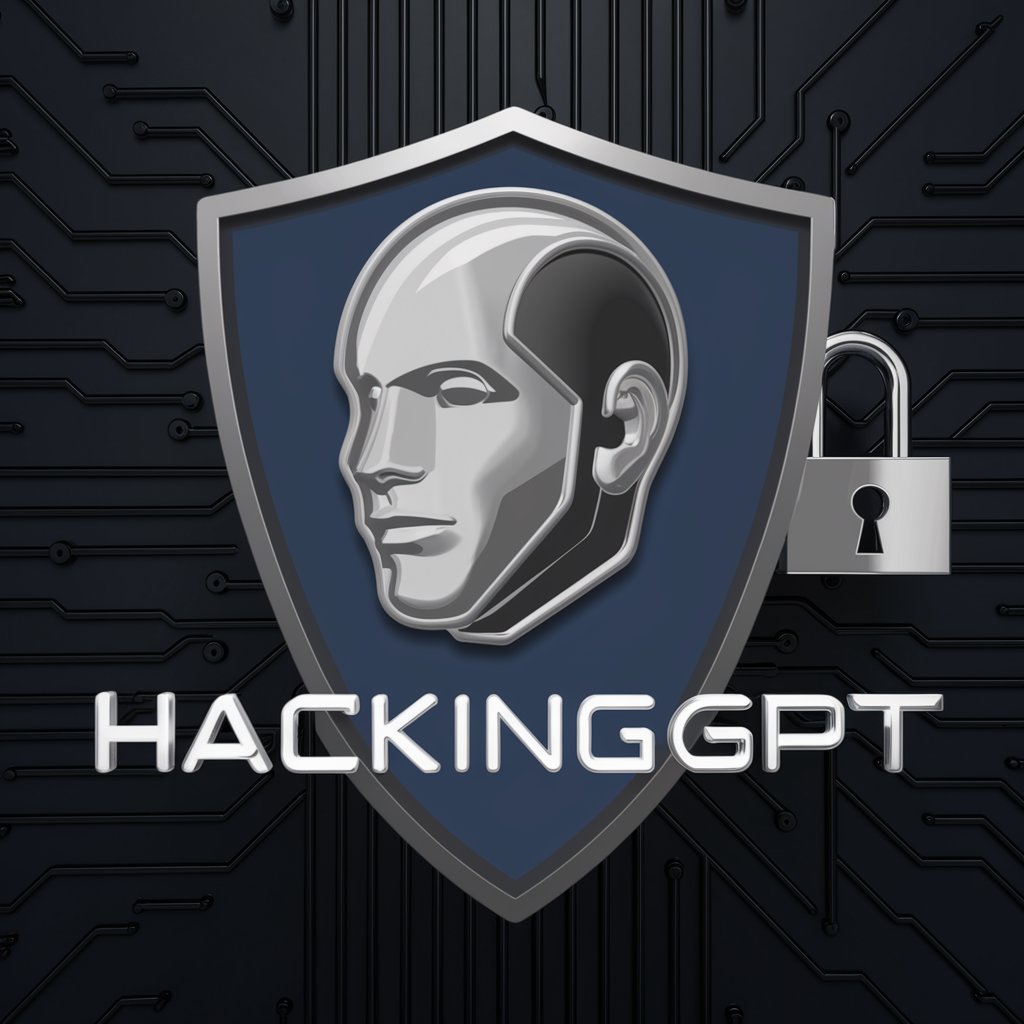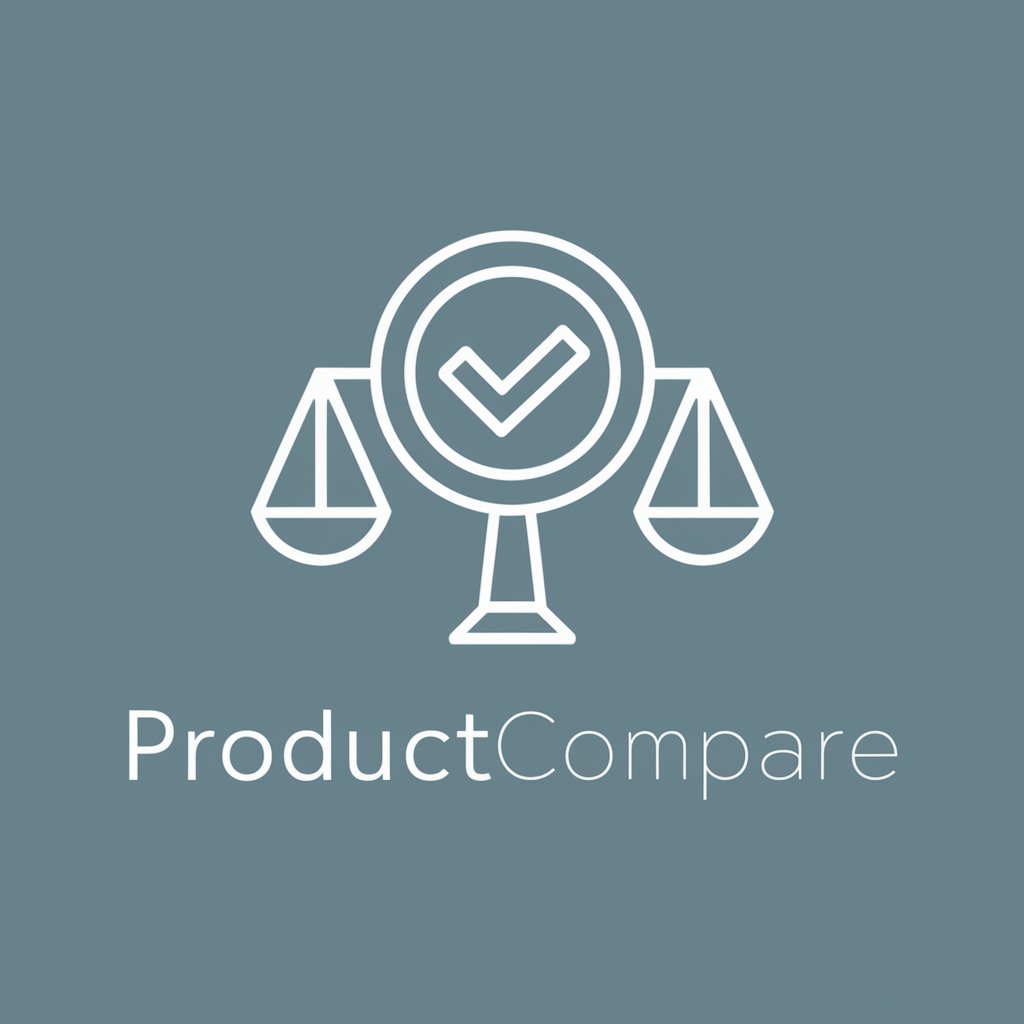Hacking - Ethical Hacking Insights

Welcome to HackingGPT, your guide to ethical hacking and cybersecurity!
Empowering Cybersecurity with AI
What are the latest trends in cybersecurity?
How can I start learning ethical hacking?
What are common vulnerabilities in network systems?
Can you explain how encryption works?
Get Embed Code
Understanding Hacking
Hacking, in its broadest sense, refers to the practice of exploring and manipulating the features of a system, network, or software to achieve a goal outside of the creator's original purpose. The term 'hacking' has evolved over time to encompass a wide range of activities, from creative problem-solving and software development innovations to unauthorized access and exploitation of computer systems and networks. The design purpose of hacking varies significantly depending on the context: it can aim to improve systems through ethical hacking, where vulnerabilities are found and fixed, or it could have malicious intent, aiming to exploit those vulnerabilities for personal gain, causing harm or stealing information. For example, ethical hackers might test a company's security systems to enhance their defenses, while malicious hackers might seek to breach those same systems for illegal access to sensitive data. Powered by ChatGPT-4o。

Core Functions of Hacking
Vulnerability Assessment
Example
Scanning a network to identify security weaknesses.
Scenario
An ethical hacker uses specialized tools like Nessus or OpenVAS to scan an organization's network, identifying vulnerabilities that could be exploited by malicious attackers. This process helps the organization to strengthen its defenses before an actual attack occurs.
Penetration Testing
Example
Simulating cyber attacks to evaluate the effectiveness of security measures.
Scenario
A team of ethical hackers simulates an attack on a company's systems to test the effectiveness of its security protocols. They might use techniques like phishing, SQL injection, or brute force to see if they can penetrate the network, with the goal of identifying and fixing vulnerabilities before they can be exploited maliciously.
Security Auditing
Example
Assessing the security posture of an organization's IT infrastructure.
Scenario
Security professionals conduct thorough inspections and analyses of an organization's IT infrastructure to ensure compliance with security standards and regulations. This could involve reviewing firewall configurations, access controls, encryption practices, and other security measures to identify any potential issues.
Incident Response
Example
Managing and mitigating the impact of security breaches.
Scenario
In the event of a security breach, a team specialized in incident response takes immediate action to contain the breach, assess the damage, and recover any lost data. They also work to identify the breach's cause and implement measures to prevent future incidents.
Who Benefits from Hacking Services
Cybersecurity Professionals
Individuals working in the cybersecurity industry, such as security analysts, penetration testers, and security architects, rely on hacking skills to assess, improve, and maintain the security posture of their organizations. They benefit from understanding and applying ethical hacking techniques to protect against threats.
IT and Network Administrators
These professionals are responsible for the daily management of IT systems and networks. Hacking knowledge enables them to identify vulnerabilities within their systems, understand potential threats, and implement more effective security measures to safeguard organizational data.
Software Developers
Developers can use hacking techniques to identify potential security flaws in their code. By understanding how attackers might exploit their software, they can write more secure code, reducing the risk of vulnerabilities and improving the overall security of their applications.
Business Executives and Managers
Leaders and decision-makers in businesses need to understand the implications of cybersecurity threats and the importance of investing in security. Knowledge of hacking and its potential impact can inform better strategic decisions around risk management and cyber defense strategies.

Guidelines for Using Hacking
Start with a Free Trial
Initiate your hacking journey by exploring yeschat.ai for a complimentary trial that requires no login or subscription to ChatGPT Plus.
Understand the Basics
Familiarize yourself with core concepts of cybersecurity, ethical hacking, and the legal framework governing digital security efforts.
Identify Your Goals
Clarify whether your interest lies in improving security, ethical hacking for educational purposes, or learning how to protect systems against vulnerabilities.
Engage with the Community
Join forums and groups dedicated to cybersecurity to exchange knowledge, discuss trends, and solve challenges collaboratively.
Practice Ethically
Always seek permission before attempting to test or improve system security, focusing on learning and helping rather than exploiting.
Try other advanced and practical GPTs
カスタマー担当 日本語
Empowering Customer Connections with AI

TechTalk AI
Empowering Technology Conversations with AI

"तत्काल इन्जिनियर"
Optimize AI Prompts with Precision

Hunderassen Artikel Assistent
Tailored insights on dog breeds, powered by AI

Math Quant
Empower Your Math Skills with AI

Question Scout
Explore, Discover, Understand with AI

ProductCompare
Empowering Decisions with AI-Powered Comparisons

PresentaPro
Elevate Your Investor Pitch with AI

"പ്രോംപ്റ്റ് എഞ്ചിനീയർ"
AI-Powered Prompt Refinement

niche analyzer
Unlock Your Niche: AI-Powered Insights

Fuel Cell Catalyst Expert (English Output)
Empowering catalyst research with AI-driven insights.

Atomic Habit Creator
Crafting Better Habits with AI

Detailed Q&A About Hacking
What is ethical hacking?
Ethical hacking involves legally breaking into computers and devices to test an organization's defenses. It's crucial for improving security by identifying vulnerabilities before malicious hackers can exploit them.
How can I learn hacking safely?
Start by studying cybersecurity fundamentals through online courses, then practice on controlled environments like CTF (Capture The Flag) competitions or using virtual labs designed for ethical hacking.
What tools do ethical hackers commonly use?
Ethical hackers use a variety of tools, including network scanners like Nmap, vulnerability scanners such as Nessus, and penetration testing tools like Metasploit to identify and exploit system vulnerabilities.
Is hacking legal?
Hacking is legal when conducted as ethical hacking with permission. It's a legitimate career path in cybersecurity, aiming to improve system security and protect against unauthorized hacking.
How do I stay updated with hacking techniques?
Follow cybersecurity news, participate in forums and conferences, and practice regularly in safe, controlled environments to learn about the latest vulnerabilities and defense strategies.
